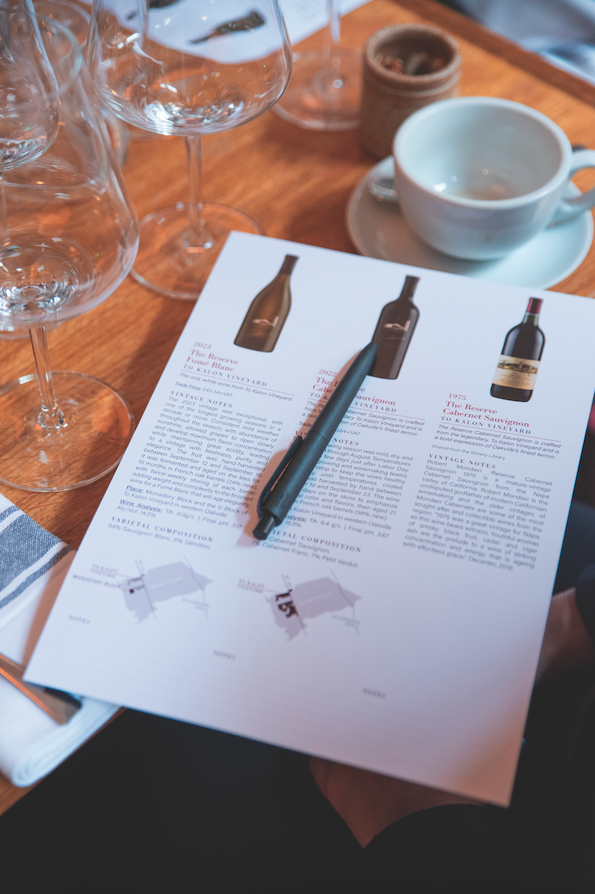Moderate drinkers ‘less likely’ to develop dementia
A 29-year study into the effects of alcohol and dementia has found that older adults who consume alcohol on a regular basis are more likely to live to the age of 85 without dementia compared with non-drinkers.
That’s according to a study by the University of California San Diego School of Medicine carried out over the past three decades.
“This study is unique because we considered men and women’s cognitive health at late age and found that alcohol consumption is not only associated with reduced mortality, but with greater chances of remaining cognitively healthy into older age,” said senior author Linda McEvoy, an associate professor at UC San Diego School of Medicine.
Researchers found that among men and women 85 and older, individuals who consumed “moderate to heavy” amounts of alcohol five to seven days a week were twice as likely to be cognitively healthy than non-drinkers.
Moderate drinking was defined as consuming up to one alcoholic beverage a day for adult women of any age and men aged 65 and older; and up to two drinks a day for adult men under age 65.
Heavy drinking was defined as up to three alcoholic beverages per day for women of any adult age and men 65 and older; and four drinks a day for adult men under 65.
Drinking more than these amounts was categorised as excessive.
Cognitive health was assessed every four years over the course of the 29-year study, using a standard dementia screening test known as the Mini Mental State Examination.
Partner Content
“It is important to point out that there were very few individuals in our study who drank to excess, so our study does not show how excessive or binge-type drinking may affect longevity and cognitive health in aging,” McEvoy said, noting that long-term excessive alcohol intake is known to cause alcohol-related dementia.
Despite their findings, researchers did stress that the study does not suggest drinking is responsible for increased longevity and cognitive health as alcohol consumption, particularly of wine, is also associated with higher incomes and education levels, which in turn are associated with lower rates of smoking, mental illness and better access to health care.
Notably, the study took participants from a specific geographical location, with the 1,344 older adults (728 women; 616 men) that took part from Rancho Bernardo, described as a “white-collar, middle-to-upper-middle-class suburb in San Diego County”, with more than 99% of the participants tracked from 1984 to 2013 Caucasian with at least some college education.
“This study shows that moderate drinking may be part of a healthy lifestyle to maintain cognitive fitness in ageing,” said lead author Erin Richard, a graduate student in the Joint San Diego State University/UC San Diego Doctoral Program in Public Health.
“However, it is not a recommendation for everyone to drink. Some people have health problems that are made worse by alcohol, and others cannot limit their drinking to only a glass or two per day. For these people, drinking can have negative consequences.”
The findings are published in the August issue of the Journal of Alzheimer’s Disease.





Once again a completely flawed study and completely flawed results. This has nothing to do with “alcohol” but everything to do with the natural anti oxidants present in good quality beverages such as quality unfiltered wine and quality beer. When will these scientists realise that they should be studying what is actually consumed, not just how much alcohol is in it? Drinking good healthy wine can reduce likelihood of dementia by up to 80% and cancer by up to 50%. Drink commercial heavily manipulated, filtered wines on the other hand and you are significantly increasing the risk of cancer due to the excessive sulphites. Why doesn’t DB do an informed article on the subject?
Great point made here. Product awareness is crucial and most are unaware of the unnecessary additives added to wine in production. This older generation was also consuming at a time where there were more historically naturally made wines vs the loads of manipulated wines available today. Some attention on this subject is worthwhile
I’ll drink to that! (I mean to the original report on the study!)